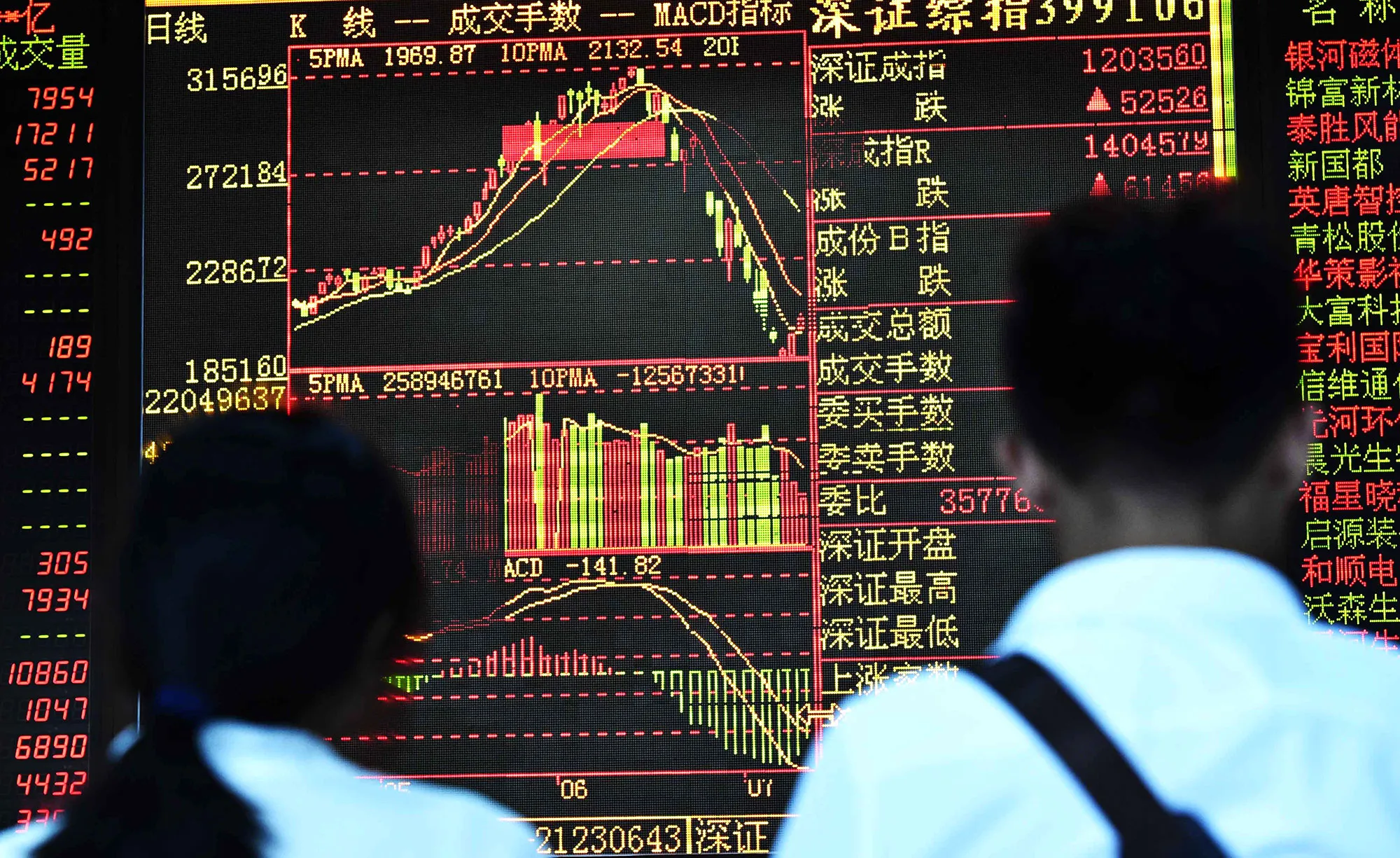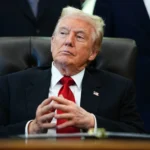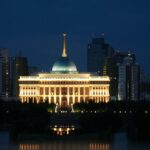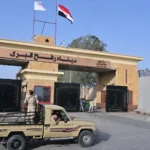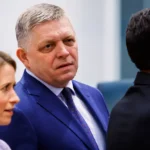Russia Moves to Exit Europe’s Anti-Torture Treaty, Raising Alarm Across Human Rights Community
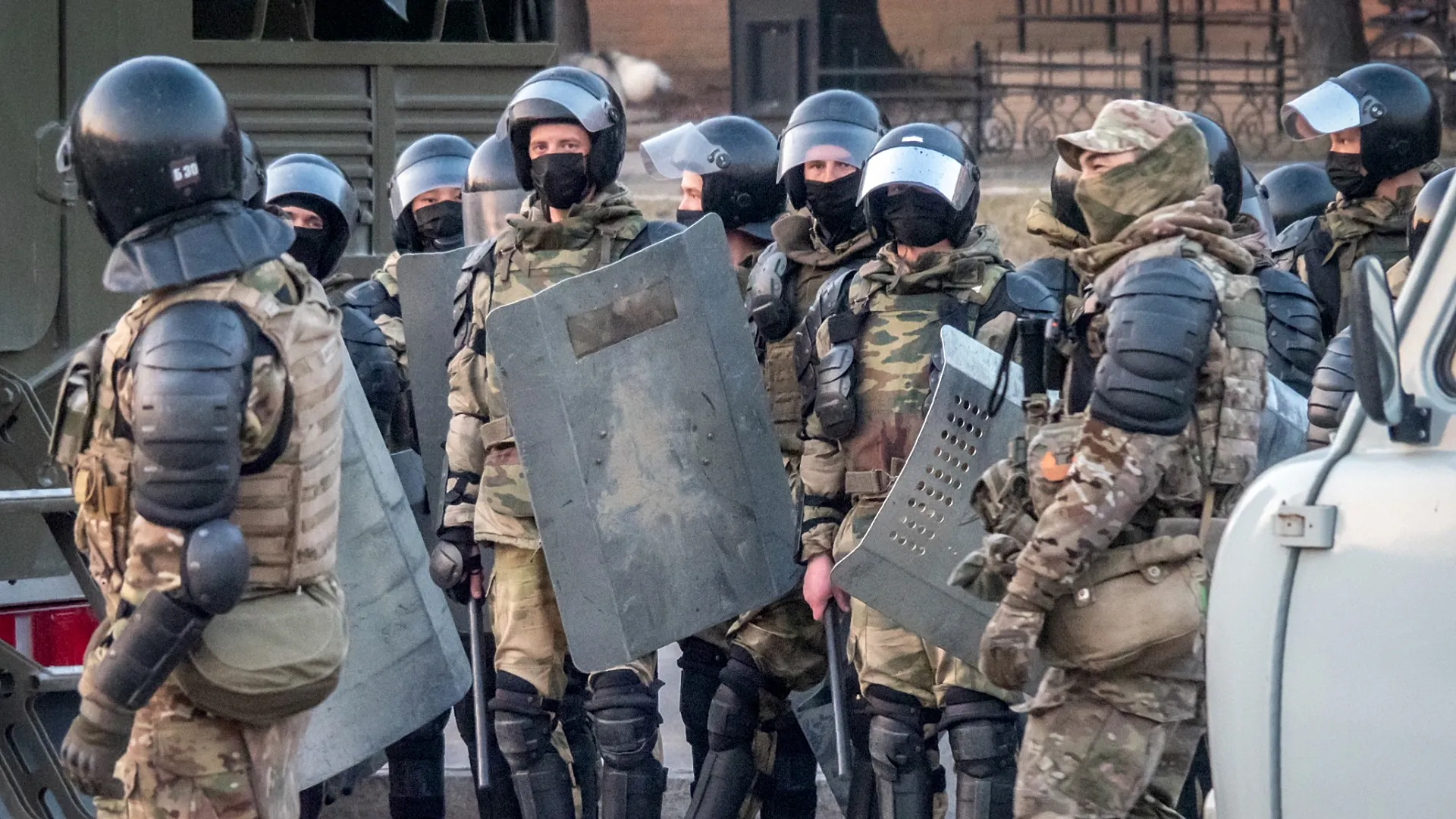
In a major development that could reshape Europe’s human rights framework, Russia has announced its plans to withdraw from the Council of Europe’s Convention Against Torture and Other Cruel, Inhuman or Degrading Treatment or Punishment. The move underscores the Kremlin’s increasing isolation from European institutions and ignites concerns about the future of human rights protections for both Russian citizens and those in Russian-occupied territories.
The Official Announcement
The Russian Foreign Ministry confirmed the decision this week, citing what it called “political bias and selective enforcement” of the treaty by European institutions. While Russia ratified the convention in 1987, Moscow has long criticized investigations into alleged human rights violations within its borders and in conflict zones such as Ukraine and Chechnya.
“Russia has concluded that continued participation in the treaty undermines our sovereignty and national interests,” the ministry stated.
Withdrawal from the treaty is expected to take effect six months after formal notification to the Council of Europe, potentially removing Russian authorities from oversight by the European Committee for the Prevention of Torture (CPT).
Implications for Human Rights Oversight
The CPT has been a key mechanism for monitoring conditions in Russian prisons, detention centers, and psychiatric facilities. Its reports have consistently highlighted instances of torture, ill-treatment, and systemic violations—particularly in regions like Chechnya, where extrajudicial abuses have been documented for years.
Without treaty obligations, Russia could further restrict access to independent human rights inspectors, effectively shielding authorities from international scrutiny. Human rights organizations warn that the move will likely exacerbate already grave conditions in prisons and detention facilities, as well as undermine protections for individuals in conflict zones.
The Geopolitical Context
Russia’s withdrawal is part of a broader pattern of disengagement from European institutions following its invasion of Ukraine in 2022. Moscow has already left the Council of Europe itself, signaling a retreat from the continent’s human rights architecture and judicial oversight, including rulings from the European Court of Human Rights (ECHR).
Experts note that the exit is also symbolic, reflecting a desire to assert national sovereignty against what the Kremlin perceives as Western interference:
“This move is about consolidating control over domestic affairs while rejecting external criticism,” said Olga Shevchenko, a Moscow-based legal analyst. “It sends a clear message that Russia will no longer be bound by European human rights norms.”
International Reactions
The announcement has drawn condemnation from human rights organizations and European governments alike:
- Amnesty International described the withdrawal as a “dangerous step backward for human rights in Russia,” emphasizing that it could embolden systemic abuses.
- The Council of Europe expressed regret, highlighting that the convention had been a critical tool for protecting individuals from torture and ill-treatment.
- Western governments warned that the move could further isolate Russia from international legal frameworks and complicate diplomatic efforts on conflict resolution and human rights enforcement.
Impact on Russian Society
For ordinary Russian citizens, withdrawal from the treaty could have immediate consequences. The anti-torture convention has long served as a legal basis for appeals in cases of police brutality, unlawful detention, and abuse in correctional facilities. With Russia stepping back, victims of state violence may face even fewer avenues for justice.
In addition, the decision could exacerbate the already chilling climate for journalists, activists, and opposition figures, many of whom rely on international oversight mechanisms to document abuses and seek recourse.
Legal and Institutional Consequences
Exiting the anti-torture treaty may also have broader implications for Russia’s international obligations:
- Erosion of International Norms: Russia’s retreat may encourage other states to disregard or selectively adhere to human rights conventions.
- Diplomatic Strain: European nations may respond with sanctions, legal actions, or restrictions on bilateral agreements.
- Operational Gaps: International NGOs and human rights bodies may find it more difficult to operate effectively inside Russia.
Legal experts warn that while the withdrawal does not absolve Russia from customary international law prohibiting torture, it reduces external mechanisms for accountability, making enforcement far more difficult.
Conclusion: A Retreat From Accountability
Russia’s decision to withdraw from Europe’s anti-torture treaty represents a profound shift in its relationship with the continent’s human rights architecture. By rejecting oversight, Moscow signals a prioritization of state control over international norms, raising the risk of unchecked abuses.
For the international community, the challenge is clear: finding ways to maintain pressure on Russia to uphold fundamental human rights, even as the Kremlin moves to dismantle the very structures designed to ensure accountability.
As tensions between Russia and Europe continue to escalate, the withdrawal serves as both a warning and a reminder of the fragility of human rights protections in the face of geopolitical conflict.




